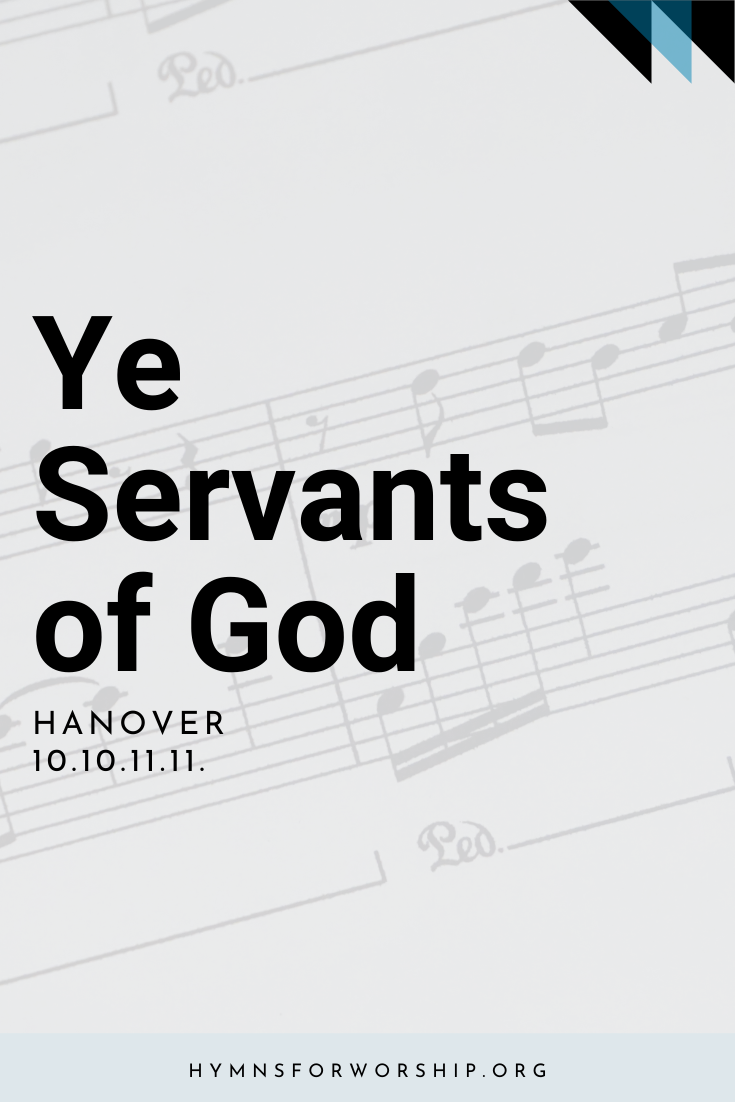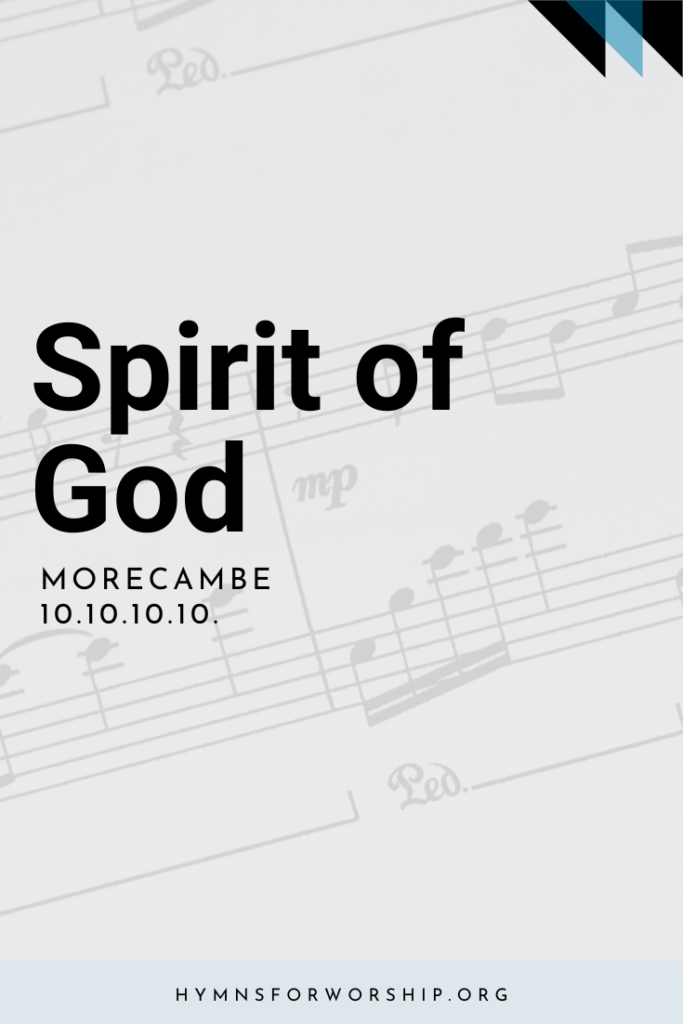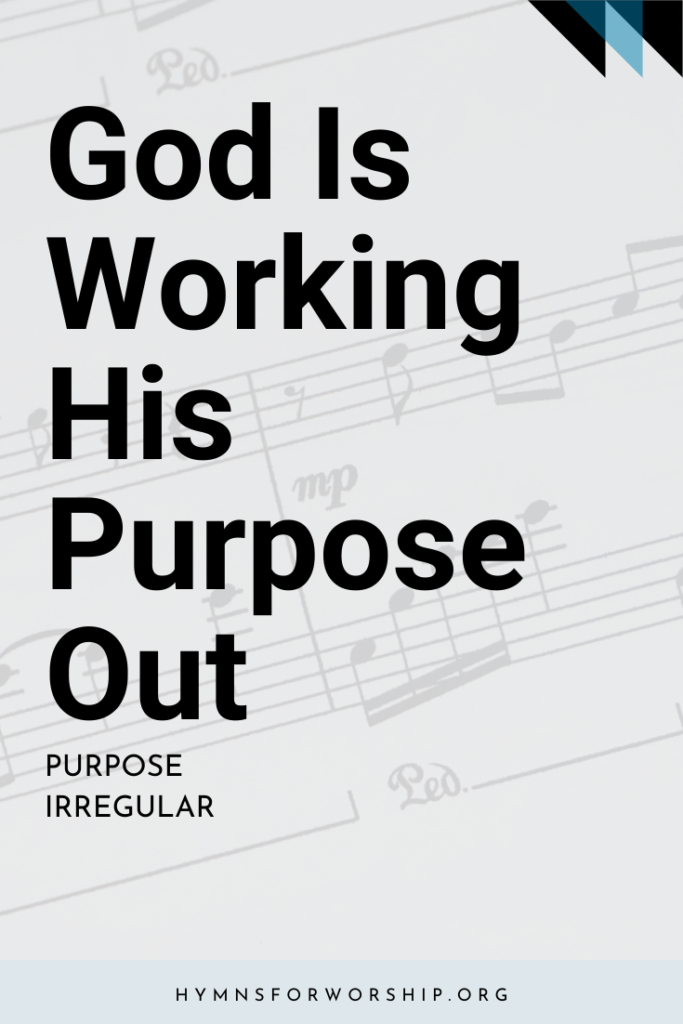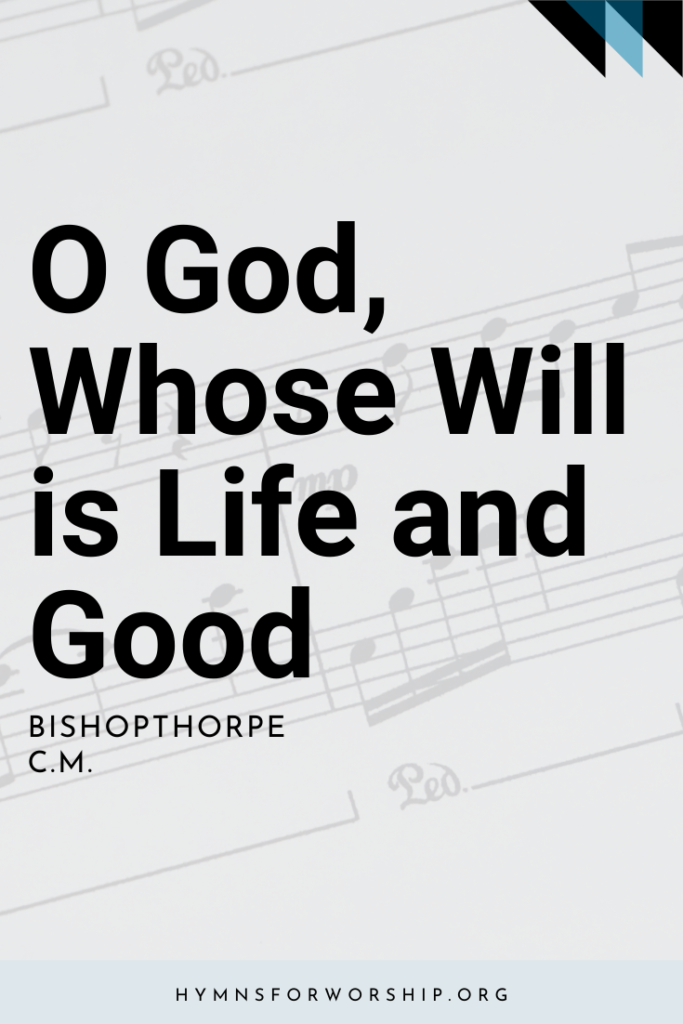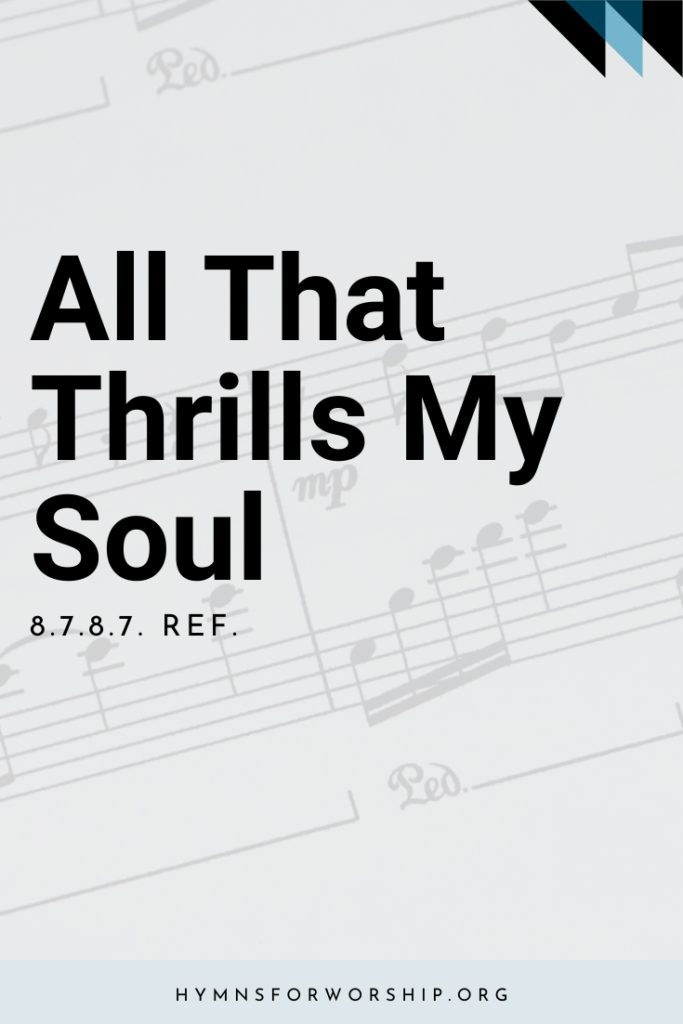JESUS CHRIST >> GLORY & PRAISE
SDAH 256
Ye servants of God, your Master proclaim,
and publish abroad his wonderful name;
the name all-victorious of Jesus extol,
his kingdom is glorious and rules over all.
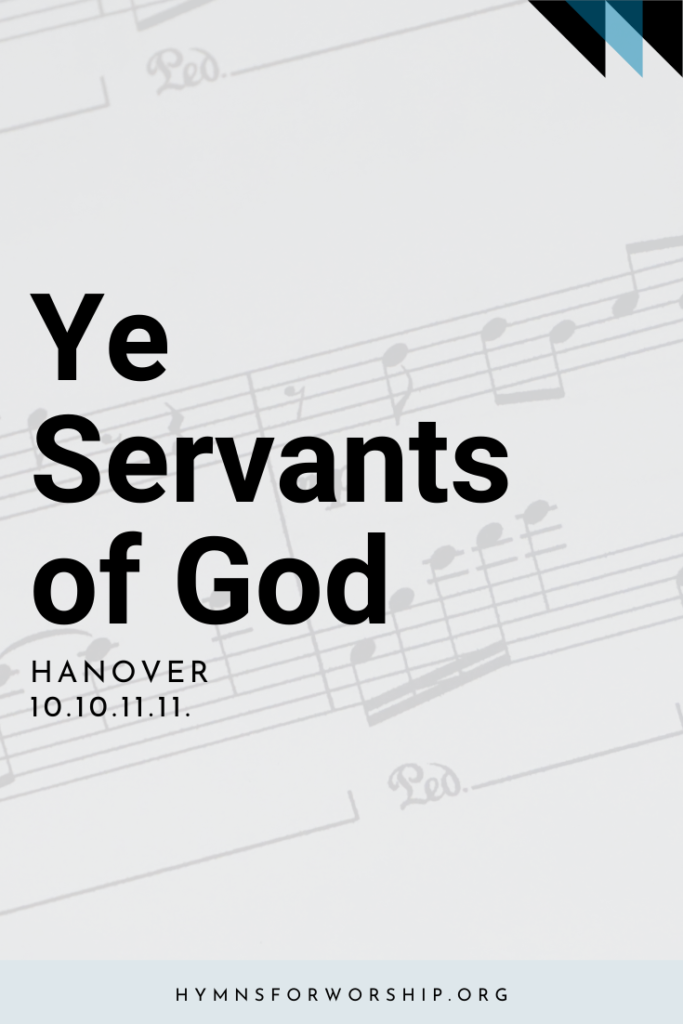

Text
1
Ye servants of God, your Master proclaim,
and publish abroad his wonderful name;
the name all-victorious of Jesus extol,
his kingdom is glorious and rules over all.
2
God ruleth on high, almighty to save,
and still he is nigh, his presence we have;
the great congregation his triumph shall sing,
ascribing salvation to Jesus, our King.
3
“Salvation to God, who sits on the throne!”
Let all cry aloud and honor the Son;
the praises of Jesus the angels proclaim,
fall down on their faces and worship the Lamb.
4
Then let us adore and give him his right,
all glory and power, all wisdom and might;
all honor and blessing with angels above,
and thanks never ceasing and infinite love.

Hymn Info
Biblical Reference
Rev 7:9-12
Author
Charles Wesley (1707-1788)
Hymn Tune
HANOVER
Metrical Number
10.10.11.11.
Composer
William Croft (1678-1727)
Year Composed
1708
Theme
GLORY AND PRAISE

Get the hymn sheet in other keys here
Recommended Reading
Charles was the other Wesley. Alongside his brother John who was considered the main guy behind the founding of Methodism, it was Charles’ hymns that pushed through the envelope of being “just another religion.” His lasting and well-known hymns have captivated Christians all around the world. Through his poetic lines, we are able to sing many hymns with such deep theology.
It was said that he wrote 8,989 hymns. That’s 10 lines of poetry every single day for 50 years. And we are privileged to have sung some of those hymns. Tell me, don’t these hymns ring a bell for you?
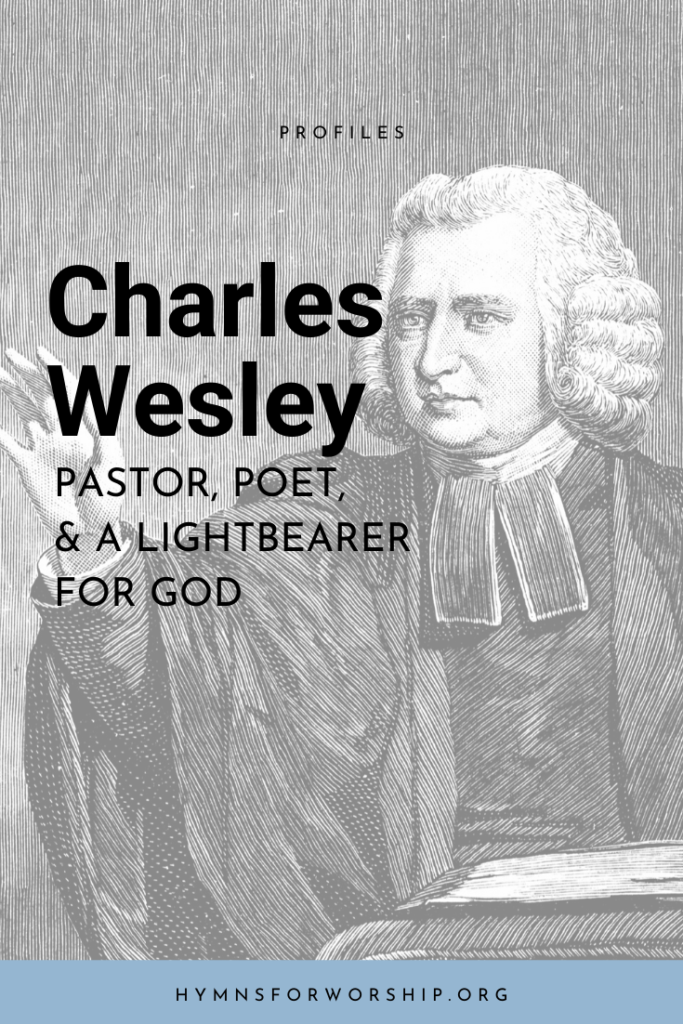
Notes
Make each hymn more meaningful with these helpful tools: Short, ready-to-use hymn introductions for church bulletins, multiple ways to introduce a hymn based on your worship theme and in-depth history and insights to enrich your song service.

